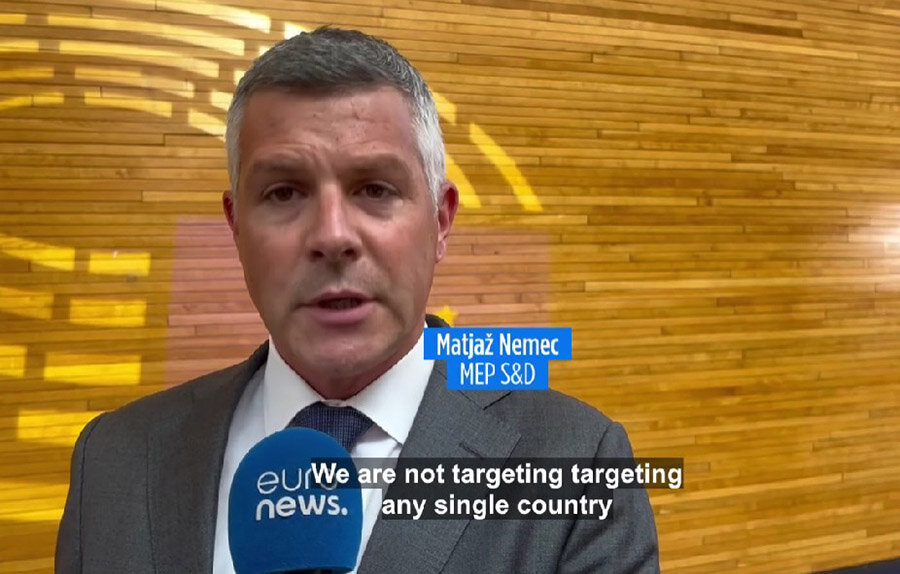read also
EU Revises Visa Policy: Israel and Serbia at Risk Under New Human Rights-Based Criteria

The European Parliament and the Council of the EU have agreed on new criteria for imposing visa requirements. Under the reform, human rights violations and non-compliance with international law could become grounds for suspending visa-free access. According to Euronews, Israel may be among the first countries affected.
The regulation still requires final approval in both institutions before becoming EU law.
Human Rights and UN Charter Violations Now Grounds for Visa Restrictions
The new rules allow the EU to take into account additional violations, such as breaches of the UN Charter, human rights, and failure to enforce international court rulings. If these violations are identified, the EU may impose visa requirements on citizens of the offending country.
So far, the mechanism has only been used once — against Vanuatu, due to its citizenship-by-investment program used by wealthy Russians to obtain passports granting visa-free EU access. Currently, Israel is under consideration, reportedly due to accusations of war crimes and crimes against humanity in Gaza raised by the UN Human Rights Council. Serbia is also being looked at for systemic rights protection concerns, according to a UN report.
61 Countries Currently Enjoy Visa-Free Travel
Currently, citizens of 61 countries, including Australia, Brazil, Japan, the UK, Ukraine, and Georgia, can travel to the Schengen Zone visa-free for up to 90 days within a 180-day period.
According to MEP Matjaž Nemec, the Parliament's rapporteur on the reform, no country is currently targeted, but the tool is designed to enforce EU values and the rule of law.
Multi-Stage Visa Suspension Process
The new procedure consists of several steps:
The European Commission can issue an implementing act imposing visas for one year. It requires only approval from member states and can be blocked by a qualified majority.
Extension of the suspension requires a delegated act, which the Council or Parliament can veto.
Member states can trigger the process by notifying the Commission that conditions are met.
The Parliament can also adopt a non-binding resolution recommending visa suspension.
Euronews reports that the first initiative regarding Israel is likely to come from an EU member state, not the Parliament, although several political groups in the Parliament have already urged inclusion of human rights violations in Israel on the list.
Migration Thresholds Also Lowered
A key component of the reform is tightening migration-related triggers:
The threshold for activating the visa mechanism due to illegal migration has been lowered from 50% to 30% increase in arrivals.
The minimum asylum recognition rate has been raised from 4% to 20%.
These adjustments significantly expand the number of countries that could become subject to visa reimposition.
Human Rights Now Tied to Visa Privileges
The reform strengthens EU control over its external borders and directly links visa-free travel rights to human rights performance in partner countries. It allows the EU to respond more swiftly to surges in irregular migration and violations of international humanitarian law.
Подсказки: EU, visa policy, Schengen, Israel, Serbia, human rights, asylum, border control, international law, Matjaž Nemec, migration policy, UN, Euronews, visa-free travel








